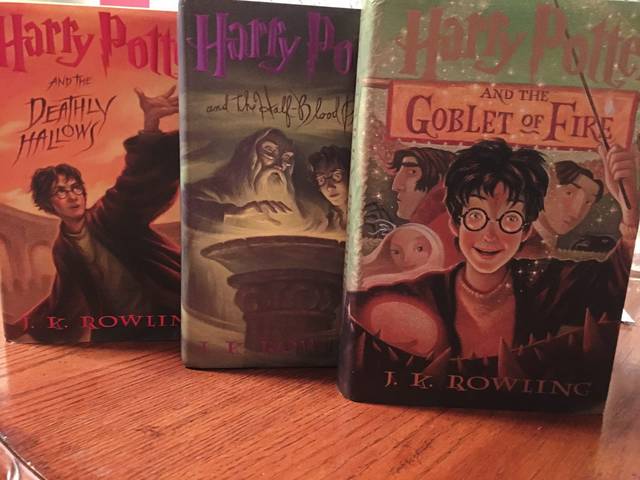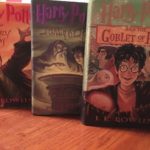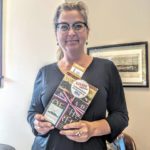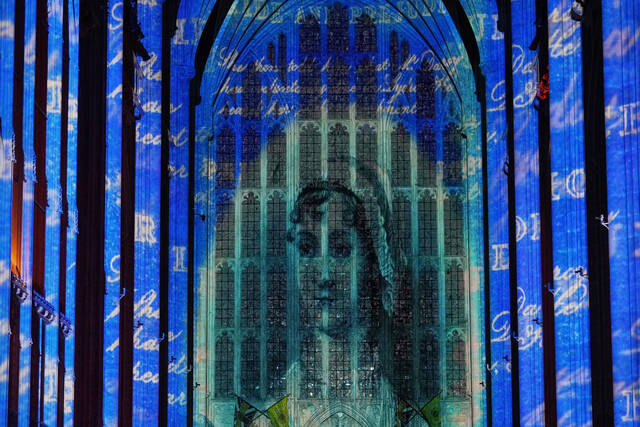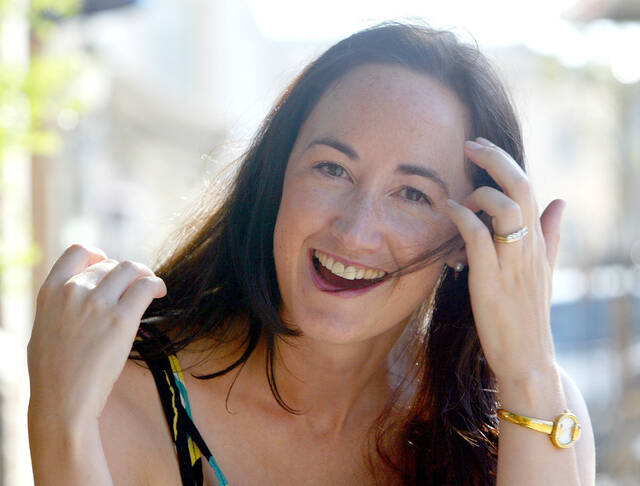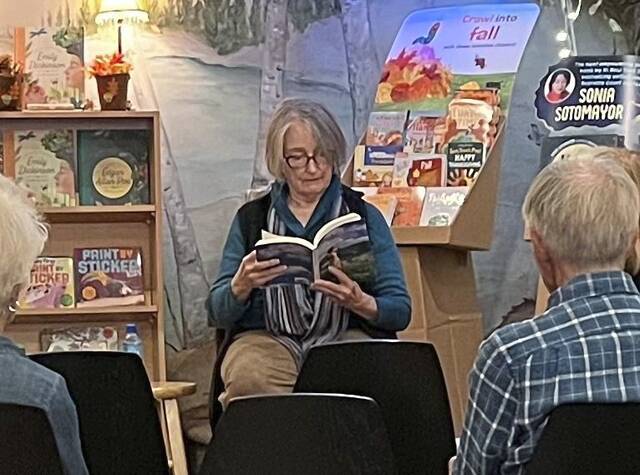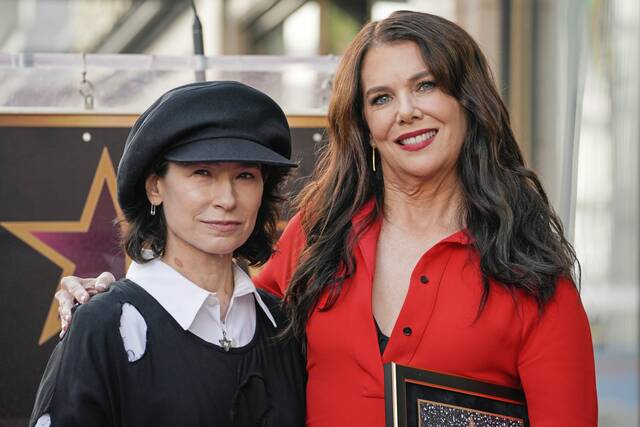As part of Banned Books Week, Sept. 22-28, Carnegie Mellon University’s English department is partnering with the ACLU and the Book Fairies of Pennsylvania to shed light on the topic of book banning.
The Book Fairies share the joy of reading by leaving their books in public places to be found by the next reader. The books are found, read and then hidden again.
“I spearheaded expanding that partnership. I have been teaching a class on banned books for 12 years,” says CMU English professor Kathy Newman.
As part of her instruction, Newman has students research banned books. One student found the book “Frankenstein,” by Mary Shelley, was at one time banned by the government of South Africa.
“Banned books end up making fascinating research projects. Why would South Africa be threatened by this particular novel?” Newman says.
The Books Fairies are leaving books throughout Pittsburgh, Newman says, with a station set up at in the Cohon University Center at CMU on Sept. 20.
At 6:30 p.m. Sept. 24, the coalition of ACLU of Pennsylvania and the CMU English department will sponsor a free discussion on “Dangerous Ideas in Difficult Times” at the Carnegie Main Library in Oakland.
Earlier this week, Newman gave a lecture exploring the relationship between banned books and children’s literature. She notes challenges in the U.S. to books in the category of Children’s or Young Adult literature, often after adults question books in their child’s curriculum and/or school library.
Those same books are featured and even celebrated every year, she adds, as librarians and educators organize events for Banned Book Week.
“People think we don’t burn books any more,” Newman says.
In 2018, she adds, a man in Orange City, Iowa, was accused of burning four LGBTQ children’s books he had checked out of a local library.
Earlier this year, a Catholic school banned the series of Harry Potter books from its library, after the Rev. Dan Reehill claimed the spells within the works of fiction were real and capable of causing the reader harm.
“It’s so fascinating. I’ve kind of dug into history a little bit. … Every day, somewhere in America, somebody is walking into a public library or school and saying, ‘I want this book banned,’” Newman says.
Some “progressive parents” express concern about books, she says, including the classic “To Kill A Mockingbird” by Harper Lee, which also has appeared on banned lists, because of the repeated use of “the ‘n’ word.”
Encountering the word also can be painful for students who confront it, she says.
“I’ve been wondering, are there better books to teach … the history of racism,” she says.
As part of a CMU banned books class taught by doctoral student Kitty Shropshire, Newman adds, students created a website with capsule biographies of banned books, which can be found here.
Details: bannedbooksweek.org



